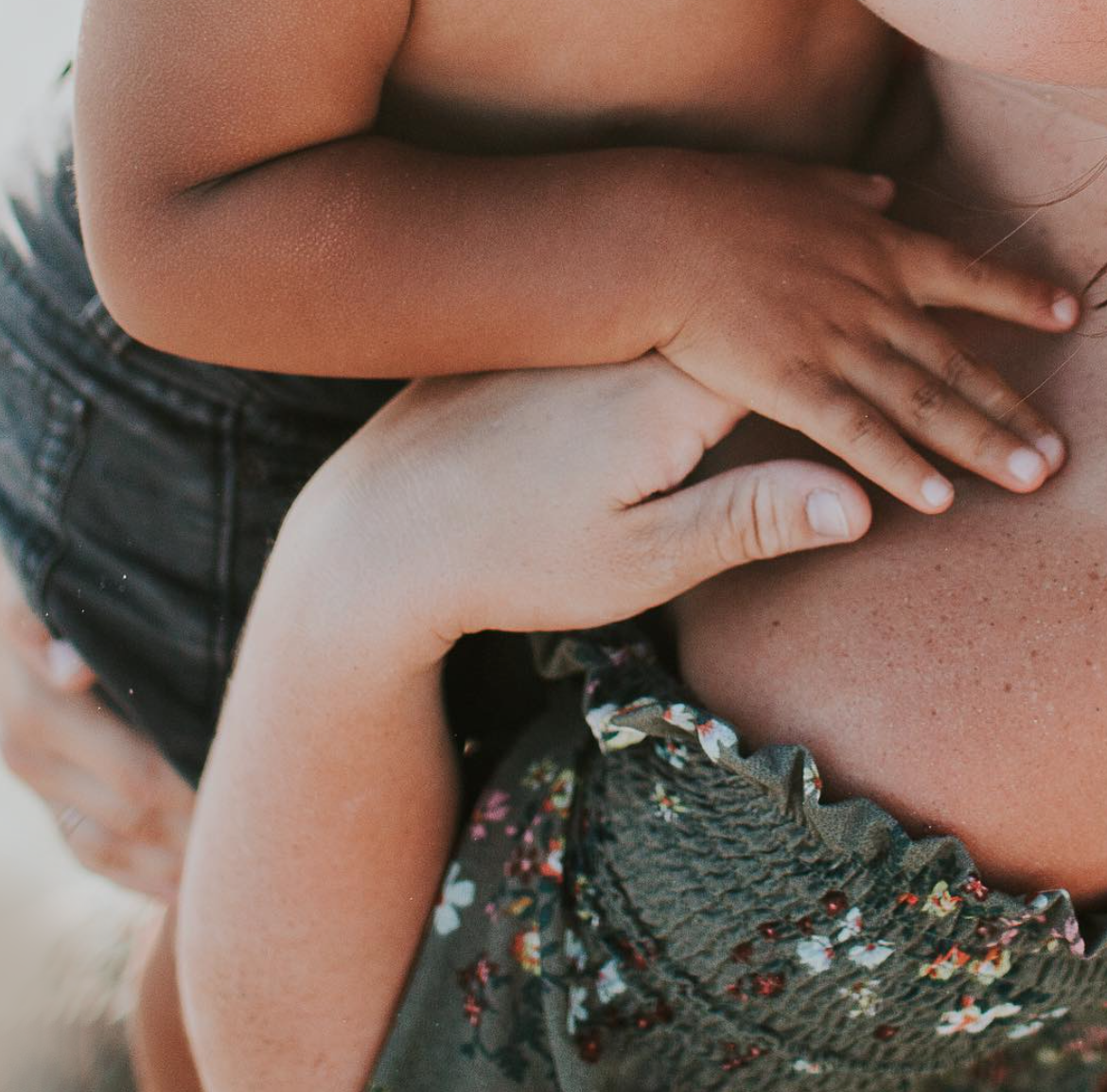Each year during Black History Month, my Instagram newsfeed is a flurry of events, images, musings and coloring sheets celebrating, honoring, and exploring the lives and culture of Black people. While I’m encouraged each year by the ways white adoptive parents pour their efforts, energy, and love into the celebration of their children, each Black History Month passes and I’m inevitably reminded that white adoptive parents have much more left to do. Let me clear: spending dedicated time during Black History Month embracing the complexity and brilliance of your child’s rich and nuanced and largely marginalized heritage is vital, but it is not enough. Each year, I watch parents enter into Black History Month with the inspiration and conviction to do MORE. Seek out more diverse toys, movies, and homeschool curriculum, read more books written by Black and brown authors, or listen to more podcasts about race. While these efforts are good, I find myself wishing white adoptive parents would take the opportunity to think not just about what they should be ADDING to their lives but also what they need to be taking away. Buying activity kits, melanin pride tee-shirts and reading storybooks of Black movers and shakers is a glory you cannot partake in if you have not also done the ground breaking, the tilling, the de-weeding of anti-racist work within yourself.
Whether we want to admit it or not, adding more to a “to do” list is easier than the vulnerable, courageous, painful self interrogation and excavation of uprooting racism within ourselves. I see the arduous dedication and uncomfortable soul-searching many white adoptive parents are already engaged in, including my beautiful momma. I know it is hard and scary. But reality is, reading diverse books and celebrating Black History Month doesn’t make you anti-racist. You can successfully integrate all the right material culture and memorabilia into your home and donate to anti-racist causes and still contribute to the subordination of and erasure of people of color, including your child. Whether you are five or ten years into your transracial adoption or waiting for a match, it is never too early or too late to begin learning the language of anti-racism and exercising the critical thinking, self-reflexive, and active listening skills required of anyone that seeks to be an ally to people of color.
As a transracial adoption educator and activist, I get asked a lot of questions. The number one question I get from white adoptive parents is: what do I need to know, what books do I need to read, what steps do I need to take to raise a healthy, confident, validated child of color? Many parents speak with me after conference talks or message me on Instagram desperate to know the “dos and don’ts” of raising a child of color. They want recommendations on racially diverse toys, or ways to meaningfully celebrate cultural holidays or my number one suggested book to add to their anti-racist reading list. They come, out of a deep desire to parent well, with a mentality of MORE. What do I need to ADD in order to do justice to raising a child of a different racial/ethnic identity?
While these are undoubtedly important questions, I think many white adoptive parents would also be well served by asking: what do I need less of in my life to parent transracially? What do I need to REMOVE, in terms of biases, unconscious racist beliefs, and deeply held privileges in order to raise a healthy, confident, validated child of color? What beliefs do I have that I might need re-examined in order to be the best, most self-aware version of myself, ready and eager to commit to learning from my mistakes? Many adoptive parents want to run before they crawl; you can’t begin to parent a Black or brown or Asian child until you have spent quality time reflecting on your own attitudes towards race.You can add as many books, podcasts, multicultural toys, and cultural holidays to your life as you want and still be holding on to deeply harmful, unaddressed beliefs and values about people of color, and ultimately, your child.
As a prospective white adoptive parent or current white adoptive parent it is your job to expand Black History Month and other racial/ethnic commemorative holidays into a daily practice, to begin approaching your child’s racial/ethnic identity as less of a calendar of events and more of a mental shift that transforms your thoughts, behavior and action for the benefit of all people of color, not just your child. It’s messy, difficult, refining, and rewarding WORK. But it’s work you have to choose to do. Because, if participating in festivities and acquiring the right representational toys and books isn’t a stepping stone in the internal work of anti-racism, then it is merely an ornamental display to persuade others of your competence in parenting Black children.
The end of Black History Month is a perfect time to turn inward, to ruminate on the why behind the hashtags, the colorful tee-shirts, and the lesson kits of Black History Month and press deeper into difficult questions about your personal journey towards anti-racism. I encourage you, now as you’re reading or sometime this week, grab a pen and paper and take a moment to do a check-in and ask yourself some questions:Was Black History Month an experience just for our Black child or an experience for our whole family?
- If we are considering transracial adoption do we have the time, energy, and mental capacity to engage in deep, meaningful, anti-racist work before we adopt?
- If we are considering transracial adoption, are we willing to deny our desires for a child if we realize transracial adoption is not right for our current state of life, family dynamic, or commitment level to anti-racism?
- If we are a transracial family, was Black History Month an experience just for our Black child or an experience for our whole family?
- As a white adoptive parent, what propelled my participation in Black History Month this year? Guilt? Fear? The illusion of not doing enough for my kids?
- From whom did I learn this month? Were they primarily white or Black individuals? Did I compensate them for their labor?
- In what ways am I actively uprooting my own biases and unconscious racist beliefs throughout my transracial adoption journey? How do I plan to keep myself accountable to continuous check-ins regarding my anti-racist journey?
- How might guilt or fear of messing up be distracting me from anti-racist work?
- How might a perfectionist attitude be preventing me from recognizing my growth?
- What practices can I implement to foster greater introspection and action as an anti-racist individual?
As a white adoptive parent, you have a unique responsibility to your Black and brown children and their communities of origin and you have a unique position of influence with other white people. I hope as you end Black History Month you are able to ponder the many ways Black History must expand beyond the confines of storybook covers and into the everyday texture and fabric of your life.
White Adoptive Parent Affirmations:
My worth as a person is not determined by my parenthood.
I have the ability and power, if I choose, to learn, grow and adapt.
I am capable of doing hard things for the benefit of myself and my children.
I will pursue anti-racist with honesty, vulnerability, and confidence.
I am a valued individual in my child’s life and will use my love for my children, not fear or guilt, as fuel for my anti-racism journey.

WRITTEN BY VICTORIA DiMARTILE
(Pronouns: she/her/hers): Torie is a doctoral student in Sociocultural Anthropology at Indiana University studying the impact of systemic racism on domestic transracial adoption. She’s a spoken word poet and a creative. A sister and an aunt. Torie also happens to be a transracial adoptee on a lifelong journey towards a healthy racial identity. To learn more about Torie and her work click here. Also consider financially supporting Torie here.










